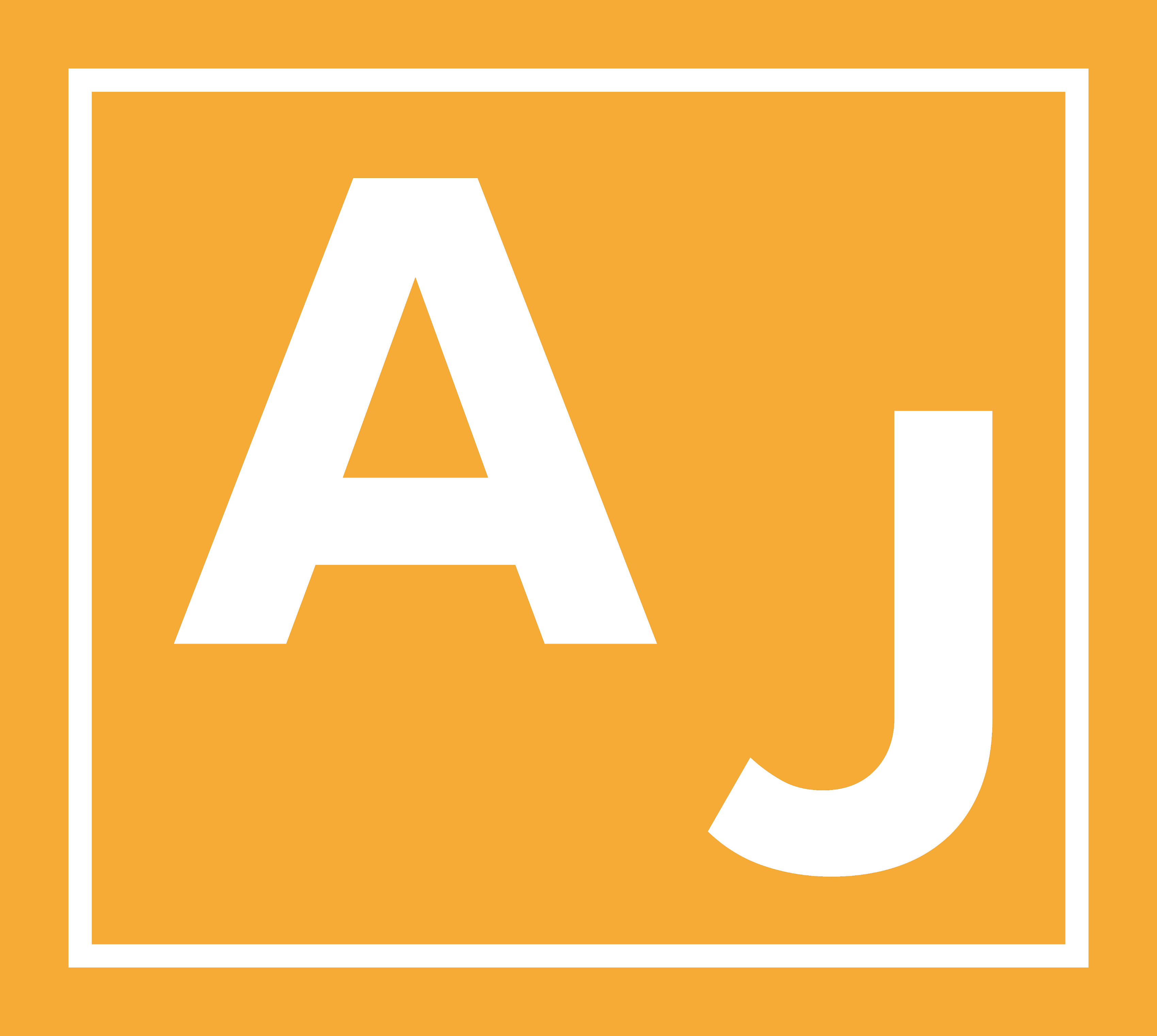In June, on a previous incarnation of this blog, I wrote about my antilibrary. Since meanwhile the concept of the quantum library makes the rounds I decided to reblog my antilibrary post as a preparation for the libraries to come. If you already read this please bear with me and wait for the shelves to come.
In his great book “The Black Swan“? Nassim Nicholas Taleb introduces the concept of an antilibrary:
The writer Umberto Eco belongs to that small class of scholars who are encyclopedic, insightful, and nondull. He is the owner of a large personal library (containing thirty thousand books), and separates visitors into two categories: those who react with “Wow! Signore professore dottore Eco, what a library you have! How many of these books have you read?” and others – a very small minority- who get the point that a private library is not an ego boosting appendage but a research tool. Read books are far less valuable than unread ones. The library should contain as much of what you do not know as your financial means, mortgage rates, and the currently tight real estate market allow you to put there. You will accumulate more knowledge and more books as you grow older, and the growing number of unread books on the shelves will look at you menacingly. Indeed, the more you know, the larger the rows of unread books. Let us call the collection of unread books an antilibrary.
Nassim Nicholas Taleb: “The Black Swan”? 2007: p. 1.
The blogosphere has picked up on the antilibrary starting with the viral post “What is in your Antilibrary?“? by Münzenberg. I found this post via the blog zenpundit by @zenpundit. This made me look at my own shelves. So what books are in my antilibrary?
Through the work on my thesis I started to get more interested in the scientific process of the social sciences. Especially the divide between the formalistic and the hermeneutic approach to the enquiry into social phenomena seems fascinating to me. Therefor the books in my antilibrary show that interest:
Jon Elster: Explaining Social Behavior: More Nuts and Bolts for the Social Sciences. A great introduction into the basic concepts of social sciences. What are social sciences? What are valid questions that social scientists are able to answer? What is in the methodological toolkit of a social scientist?
Daniel Kahneman, Paul Slovic and Amos Tversky: Judgment under uncertainty: Heuristics and biases. And: Thomas Gilovich, Dale Griffin and Daniel Kahneman: Heuristics and Biases: The Psychology of Intuitive Judgment. Two great collections of articles dealing with human decisionmaking. A constant reminder how great social science looks like.
Hans-Georg Gadamer: Wahrheit und Methode: Grundzüge einer philosophischen Hermeneutik. One of the foundations for the 20th century school of hermeneutics. What are the boundaries of analytical methods for the analysis of social phenomena? What can we gain in understanding through the hermeneutic circle?
Michael Mann: The Sources of Social Power. One of the most ambitious academic projects of modern sociology. What are the constants in the organization of human societies? How is power distributed in societies?
Which books are on the shelves of your antilibrary?
